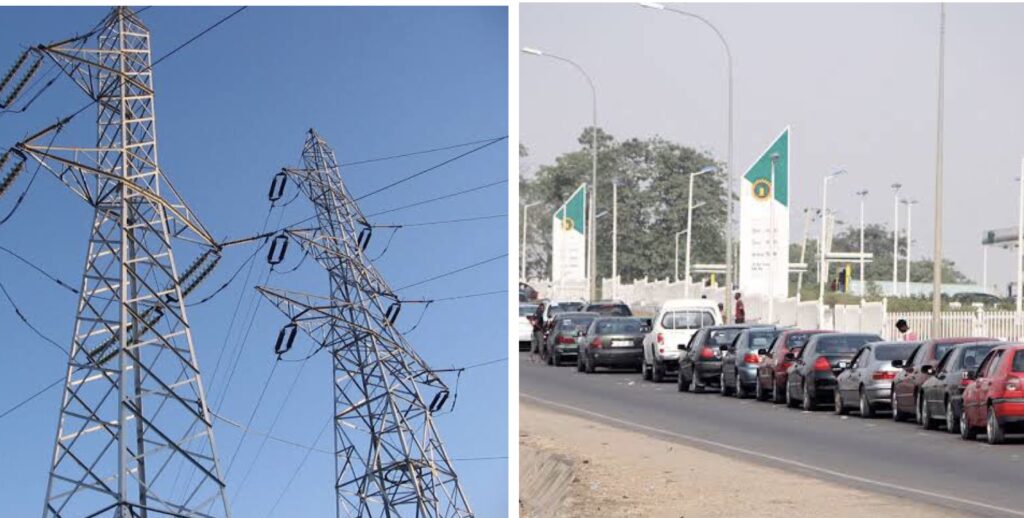- Queues Get Longer across cities
- Frustrations Over poor power supply at a time of heat
- Discos Explain poor power supplies
Nigerians across regions are agonizing over diminishing state of utilities as fuel scarcity bites harder in the country.
The fuel scarcity has happened at a time that electricity supplies have been cut down due to a number of reasons.
The scenario now is that many offices now operate with no power supply to power operations at a time the options of generating sets are also difficult because officials have to queue at filling stations.
The situations look grim for many as the impact of fuel scarcity bites harder in the country.
What started about three weeks ago has led to the closure of many feeling stations with consumers of petroleum products feeling the heat.
The last two days have witnessed longer queues at the filling stations as the dealers ran out of stock.
NPO Reports observed in Ibadan, the Oyo State capital that many filling stations had no fuel on Monday and Tuesday creating queues as long as one kilometres at each of the stations selling the product.
Areas visited by NPO Reports correspondent include Molete, Oke Bola, Challenge, Mokola and Ojo.
An attendant at one of the filling stations in Mokola, said the management ordered the stop to the sale of the products at about 11am on Tuesday after the dealer put a call to the station manager.
“We were not told the reason but we were told to stop. That is the reason for this confusion because many of those with cars parked outside were already sure they would get fuel,” the attendant who did not want his name mentioned stated.
In Lagos, filling stations such as Oando at Omole-Beger area had long queues while the queue at the Bovas station near the Federal Roads Safety Corps office, Ojodu went as long as Berger.
At the NNPC station, Omole Junction, the queue was much longer as the station was still selling at the official price.
A correspondent of NPO Reports in Abeokuta said it is war at the few filling stations.
The situation has jerked up transport fare by about 120% in many areas.


